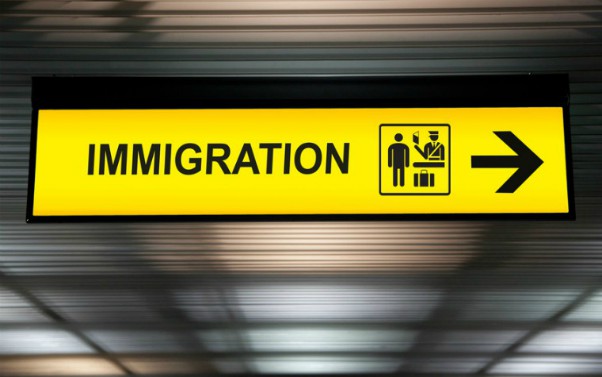
 An in-depth guide for Community Care Inform Children, originally written by Adrian Matthews and recently updated and reviewed by Gordon Carson and the Refugee Council, covers the whole process of carrying out age assessments, making a decision and communicating this to the child or adult. Inform subscribers can read the full guide; here, we present a few key points from the piece.
An in-depth guide for Community Care Inform Children, originally written by Adrian Matthews and recently updated and reviewed by Gordon Carson and the Refugee Council, covers the whole process of carrying out age assessments, making a decision and communicating this to the child or adult. Inform subscribers can read the full guide; here, we present a few key points from the piece.
Disputes over the age of asylum seekers continue to be common. Social workers continue to be the professionals charged with carrying out formal age assessments – a position opposed by the British Association of Social Workers, which has advocated a multi-agency approach and argued that it is “entirely wrong to place this burden on social workers alone”.
When age disputes occur
Disputes over the age of an asylum seeker can arise in a variety of circumstances, though most occur when an asylum seeker first applies for asylum, usually at a port of entry or immigration screening unit.
These disputes may arise because an asylum seeker does not know his or her age, or does not have any documentation to prove his or her age (for example, a birth certificate or passport), or where immigration officers believe that the documentation is false or does not belong to the applicant. In these circumstances it may be necessary to assess age in order to decide: a) how an asylum seeker should be supported; and b) how their application for asylum claim should be processed.
Local authorities may conduct age assessments before asylum seekers have been assessed by immigration officers. For example, they might be dropped off inside the UK from a lorry and referred by police to the local authority. In such cases, the immigration officer will generally (and subject to evidence that the assessment has been properly conducted) accept the age as assessed by the local authority.
Social workers should carry out age assessments by interviewing the person and gathering other background information. Practice in the UK is not to use physical interventions such as dental x-rays, which the Home Office has described as “inaccurate, inappropriate and unethical” while the Royal College of Paediatrics and Child Health and the British Dental Association have advised their members that x-rays, including dental x-rays, should not be used to assess a migrant child’s age unless the x-ray has been taken for a therapeutic or medical reason (see ‘Guidance to assist social workers and their managers in undertaking age assessments in England’, Association of Directors of Children’s Services (ADCS)).
Merton compliance
In R (B) v Merton [2003] EWHC 1689 (Admin), the High Court set down broad guidelines as to how age ought to be assessed in respect of unaccompanied minors who arrive in the UK without documentary evidence to prove their age. The court confirmed that the local authority “cannot simply adopt a decision made by the Home Office” and outlined a number of criteria for a lawful assessment:
- An assessment cannot be made solely on the basis of appearance, and should be a holistic one taking account of the young person’s appearance, demeanour, background and credibility.
- Any assessment should take into account relevant factors from the child’s medical, family and social history, and the decision-maker should seek to elicit the general background of the applicant, including his family circumstances and history, his educational background and his activities during the previous few years. Ethnic and cultural information may also be important.
- There is a duty on the decision-makers to give reasons for a decision that an applicant claiming to be a child is not a child.
- The young person should be given an opportunity during the assessment to answer any adverse points the decision-maker is minded to hold against him.
- Age assessments must be conducted by experienced, trained social workers and all the safeguards to ensure fairness must be in place.
- If the decision-maker is left in doubt, the claimant should receive the benefit of that doubt.
- A young person has a right to be accompanied during the assessment by an appropriate adult. This should be someone who is independent from the assessment, and preferably should be an adult of the person’s own choosing.
- An applicant should be given a fair opportunity to deal with any important points adverse to their case.


 Family help: one local authority’s experience of the model
Family help: one local authority’s experience of the model  ‘I spent the first three months listening’: how supportive leadership can transform children’s services
‘I spent the first three months listening’: how supportive leadership can transform children’s services  How senior leaders in one authority maintain a culture of excellence
How senior leaders in one authority maintain a culture of excellence  How staff support ensures fantastic outcomes for children and families
How staff support ensures fantastic outcomes for children and families  Workforce Insights – showcasing a selection of the sector’s top recruiters
Workforce Insights – showcasing a selection of the sector’s top recruiters 

 Facebook
Facebook X
X LinkedIn
LinkedIn Instagram
Instagram
Comments are closed.